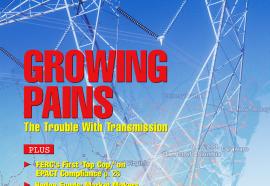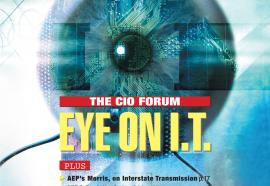Transforming Production Tax Credits
Three reasons to make them a permanent part of U.S. energy policy.
For the past decade, the renewable energy industry and various branches of the federal government have engaged in an ungainly, enormously unproductive two-step on production tax credits (PTC) for renewable energy projects, and for wind projects in particular. The PTC can be transformed into a keystone of an effective energy environmental policy. However, to achieve this transformation, the misperceptions must be challenged.











